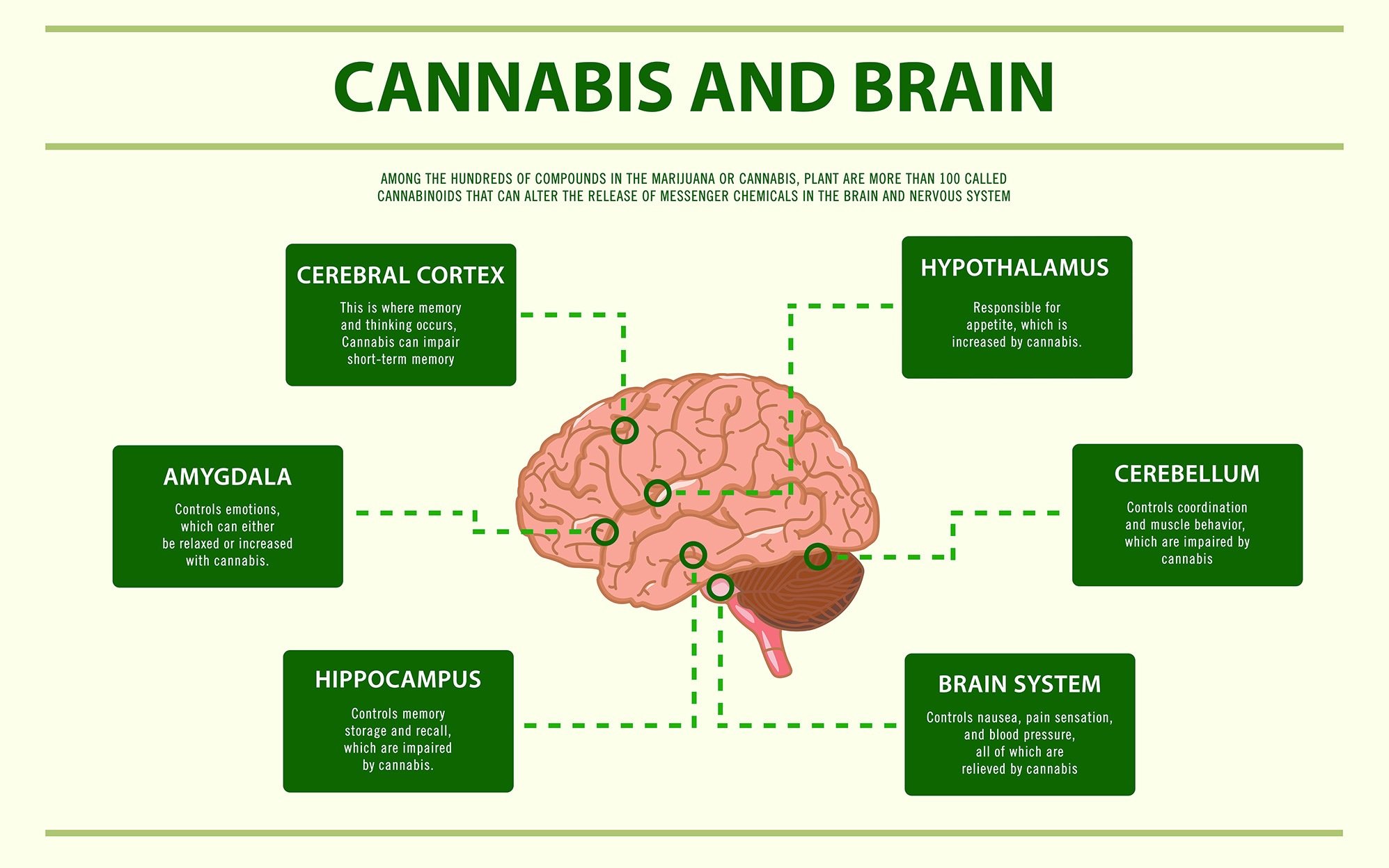 Source: bing.com
Source: bing.comTable of Contents
What Happens When A Developing Baby is Exposed to THC?
Studies have shown that THC can cross the placental barrier and enter the fetal bloodstream, potentially affecting the developing brain. This can lead to a range of negative outcomes, including:- Impaired brain development: THC can alter the normal development of the fetal brain, leading to structural and functional changes that can have long-term consequences.- Cognitive deficits: Children exposed to THC in utero have been found to have lower scores on tests of cognitive function, including verbal and nonverbal memory, attention, and executive function.- Behavioral problems: Children exposed to THC in utero have a higher risk of developing behavioral problems, including hyperactivity, impulsivity, and aggression.- Mental health issues: Exposure to THC in utero has been associated with an increased risk of developing mental health issues, such as depression and anxiety.- Addiction: Children exposed to THC in utero may be at higher risk of developing addiction later in life.
How Does THC Affect Brain Development?
When a developing baby is exposed to THC, it can interfere with the normal processes of brain development. THC binds to cannabinoid receptors in the brain, which are involved in regulating a variety of physiological and cognitive processes, including mood, appetite, and memory.During fetal brain development, the endocannabinoid system plays a critical role in regulating the growth and differentiation of neurons, as well as the formation and maturation of synapses. Exposure to THC can disrupt these processes, leading to abnormal brain development and function.Research has shown that THC can alter the expression of genes involved in brain development, leading to changes in the structure and function of neurons. This can affect the formation of neural circuits, which are the basis for learning and memory.
What Are the Long-Term Consequences of THC Exposure?
The effects of THC exposure on a developing baby’s brain can have long-term consequences that persist into adulthood. Studies have shown that children exposed to THC in utero have a higher risk of developing mental health issues, such as depression and anxiety, as well as addiction later in life.Research has also shown that the effects of THC on brain development can be cumulative, meaning that exposure to THC at critical periods of development can have compounding effects over time. This can lead to more severe cognitive deficits and behavioral problems later in life.
What Can You Do to Protect Your Baby?
The best way to protect your developing baby from the negative effects of THC is to avoid using marijuana during pregnancy. If you are using marijuana for medical reasons, talk to your healthcare provider about alternative treatments that may be safer for your baby.If you are struggling with marijuana use during pregnancy, there are resources available to help you quit. Talk to your healthcare provider or a substance abuse counselor about your options.
The Bottom Line
Exposure to THC during pregnancy can have negative effects on a developing baby’s brain, leading to impaired brain development, cognitive deficits, behavioral problems, mental health issues, and addiction. The best way to protect your baby is to avoid using marijuana during pregnancy and seek help if you are struggling with substance use.Remember, as a parent, you have the power to make decisions that can shape your child’s future. By making informed choices about your pregnancy, you can give your baby the best possible start in life.Frequently Asked Questions:1. Can THC affect a baby’s brain development?Yes, exposure to THC during pregnancy can affect a developing baby’s brain development, leading to impaired brain development, cognitive deficits, behavioral problems, mental health issues, and addiction.2. Can THC cross the placenta?Yes, THC can cross the placental barrier and enter the fetal bloodstream, potentially affecting the developing brain.3. What are the long-term consequences of THC exposure?The effects of THC exposure on a developing baby’s brain can have long-term consequences that persist into adulthood, including an increased risk of developing mental health issues and addiction.4. What can you do to protect your baby from THC exposure?The best way to protect your developing baby from the negative effects of THC is to avoid using marijuana during pregnancy. If you are struggling with substance use, seek help from your healthcare provider or a substance abuse counselor.5. Can THC be used for medical purposes during pregnancy?If you are using marijuana for medical reasons, talk to your healthcare provider about alternative treatments that may be safer for your baby.
